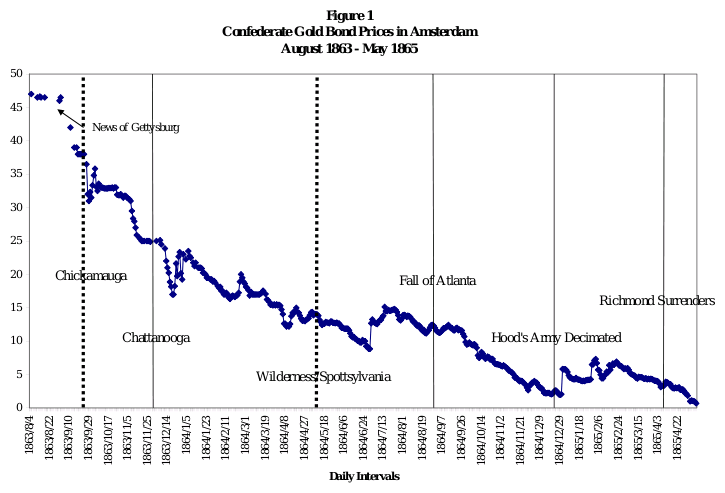2003-03-19 you did not stop the U.S. invasion of Iraq.
Don’t feel bad about not going to protests if you didn’t. Those are bullshit spectacle. Stopping war takes years of good politics; I don’t mean whatever you think constitutes goodness on petty “domestic” and “economic” issues.
You are responsible for mass murder and torture of some hundreds of thousands.
That will cost you not the $50 billion estimated by U.S. regime supporters, nor the $700 billion estimated by some in 2005. No, nearly $4 trillion. Not the usual 10x underestimate of financial war costs, but nearly 100x:
Total US federal spending associated with the Iraq war has been $1.7 trillion through FY2013. In addition, future health and disability payments for veterans will total $590 billion and interest accrued to pay for the war will add up to $3.9 trillion.
I haven’t written about the steady progression of these numbers for years because they cease to be news, I have purposefully followed current news less and less, and the non-financial tragedies you’ve inflicted are far more outrageous.
But a 10 year anniversary seems an occasion to raise the issue again, even if I missed it by several days due to aforementioned not following the news.
What have you done to exonerate yourself of the crime of mass murder? A martyr won’t absolve you, so the least you could do is to help save Bradley Manning.
“You” is not limited to U.S. citizens. The world, including its states, is highly interdependent, and voter/elected politician only one channel of responsibility.
Oppose “your” and all security states and all their theater and propaganda, including hate of people in other jurisdictions. All lies and delusion. This has to be the beginning of what I referred to as good politics above.


